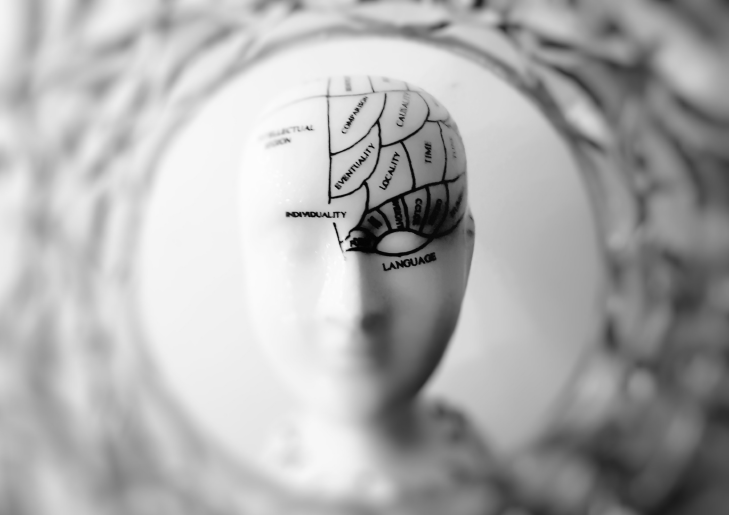
So, you’ve got lecture notes, tutorial notes and assigned readings that you need to revise before exams. Don’t worry, your brain has enough space for it all, as long as you feed it in appropriately. Let’s look at some tips for how this is best done.
Study less with greater intensity
You can’t increase the number of days in the week, or hours in the day. You can, however, remove distractions and avoid multi-tasking so your study periods are more intense and focused. Start by removing distractions from your study space. Aim to work in concentrated chunks, with spaces in between for rest and recuperation. (Tip: try the Pomodoro technique)
Read
Read each item two to three times. Any more has diminishing returns. During the second or third read you should be making notes and converting key concepts to flash cards or similar. If you can do all this offline (pen, paper) that would be good, but that is not always possible.
Take notes
This is important. Use your own words (paraphrasing) to capture the key concepts. Use bullet points to extract key facts/equations/dates, etc.
Develop questions
Use your notes to develop questions that a) you can ask of lecturers or tutors, b) you can use for developing flashcards (see next point) or c) guide you in exploring the topic further (i.e. do further reading).
Develop flash cards
Underlining and highlighting are fine, but they don’t really help with memorising information. They are simply methods to mark content that should be read again, summarised or added to a flash card. Flash cards are bite-sized chunks of information, written on cards that are ideal for learning and self-testing. You can build a set of flash cards for each chapter/paper that you read, that are built on your notes, as well as the questions you’ve developed.
Read something from each topic every day (interleaving)
Mix up your study sessions to include content from multiple topics. Being able to move from one topic to another will help you draw connections between the topics, but also train your brain to be able to move between topics with greater ease. Don’t confuse this with multi-tasking though. Only ever do one thing at a time but divide your time between topics. For example, in a two-hour study session, you might devote roughly 35 minutes to three topics, with five minute breaks in between.
Attach facts to stories/worked examples/your own life
Some facts or concepts are easier to remember if you can attach them to a) worked examples, b) stories or c) your own life. Look for where you can attach a fact/concept to something more memorable.
Interrogate facts
Reading something that you need to remember? Try asking a lot of ‘why?’ questions. The process you go through to answer these questions will give you a deeper understanding of the fact, which helps it stick in your head.
Pre-testing
Before sitting down to revise what you covered in your lectures or tutorials, consider pre-testing yourself (i.e. what you have retained from the lectures) using some past quizzes or tests. This primes your brain to know what needs to be revised.
Explain stuff to yourself
Practice explaining the concept to yourself, as though giving yourself a presentation. As your explanations get better and clearer, your understanding of the concept improves as well. Another way to do this is to explain the concept to a willing person in your life.
These evidence-based tips have been collated, courtesy of the Flinders Health, Counselling and Disability Service (HCDS). If you are interested in reading other similar content visit the Student Health and Wellbeing blog.

